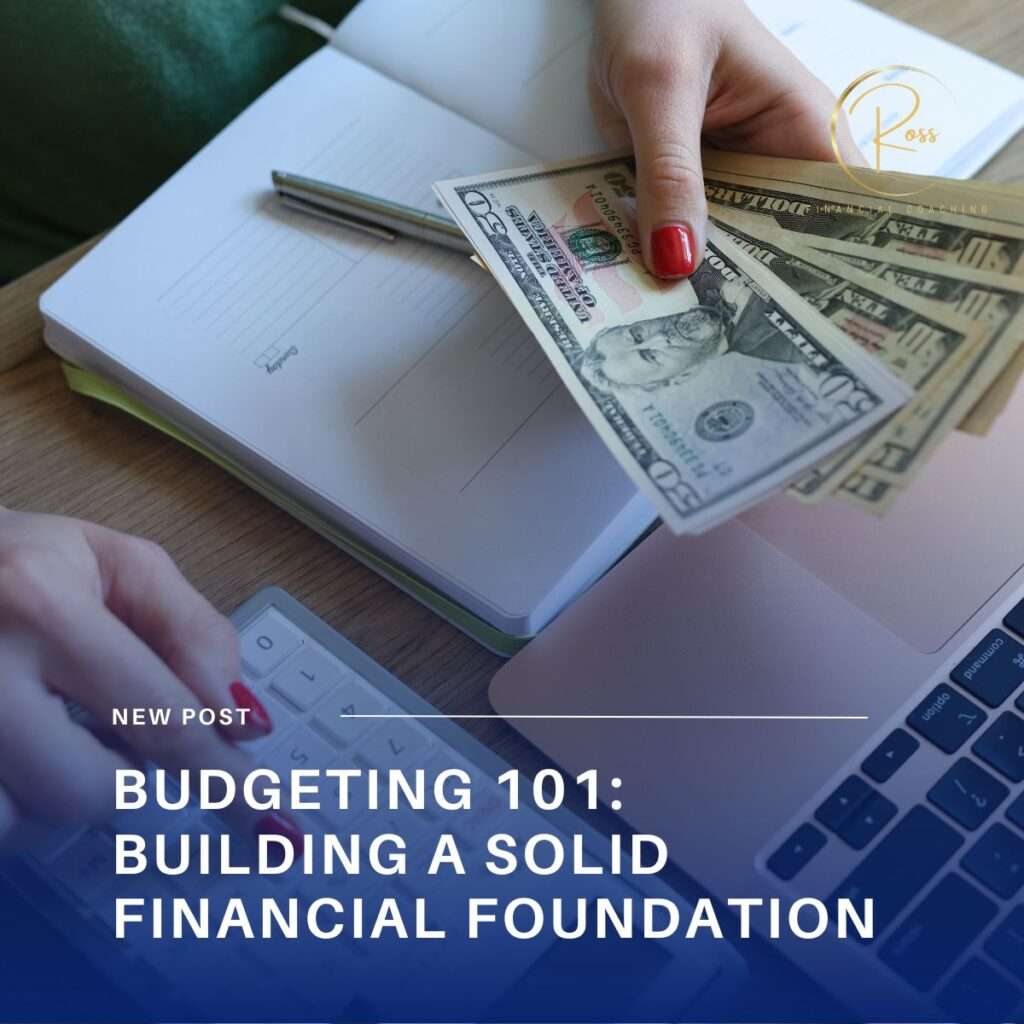
Reading Time: 8 minutes
The maxed-out credit cards. The investment that tanked. The business loan that keeps you up at night. The emergency fund you had to drain. We all have that one financial decision that makes us wince. The one we replay at 3 AM. The one that whispers “you should have known better” every time we think about money. But here’s what nobody tells you: It’s not the financial mistake that’s holding you back. It’s the starring role you keep playing in your own financial horror story.
The High Price of Financial Regret
Let’s be honest about what holding onto past money mistakes really costs:
1. The Paralysis Price
You’re so afraid of making another “wrong” move that you:
- Keep your money in a savings account earning nothing
- Put off investing because “last time was a disaster”
- Say no to opportunities before even considering them
- Stay stuck in financial patterns that don’t serve you
2. The Confidence Cost
Every time you replay that mistake, you’re:
- Reinforcing the belief that you’re “bad with money”
- Teaching yourself to trust everyone’s financial judgment except your own
- Building a case against your own financial future
- Paying compound interest on self-doubt
3. The Future Fee
While you’re busy beating yourself up about past decisions:
- New opportunities pass you by
- Your money sits idle instead of growing
- Financial confidence remains just out of reach
- Your next chapter stays unwritten


From Horror Story to Comeback Story
Here’s the plot twist you’ve been waiting for: Every financial success story is built on a foundation of mistakes, setbacks, and lessons learned.
The only difference? These people decided to stop being the victim in their financial horror story and start being the hero in their comeback story.
Your Director’s Cut: Rewriting the Script
1. Flip the Narrative
Instead of “I lost everything in that investment,” try:
- “I learned exactly what to look for in future investments”
- “I discovered the importance of diversification firsthand”
- “I gained expensive but valuable market experience”
- “I now know how to protect my downside”
2. Change the Genre
Transform your horror story into:
- A hero’s journey of financial resilience
- A learning adventure about money mastery
- A transformation tale of financial wisdom
- Your unique path to money confidence
3. Direct Your Next Scene
Take immediate action to change the story:
- Open that investment account you’ve been afraid to try
- Set up the automatic savings you’ve been putting off
- Review the accounts you’ve been avoiding
- Make one financial decision you’ve been postponing
Scene Change: From Reflection to Action
Your next chapter starts now. Pick one:
The Quick Win
- Move $50 into savings
- Review one financial statement
- Make one money decision you’ve been avoiding
- Set up one automatic payment
The Mindset Shift
- Write down three financial lessons you’ve learned
- List five money strengths you’ve developed
- Identify three ways past challenges made you smarter about money
- Plan your next three positive money moves
The System Setup
- Create a simple money tracking system
- Set up automatic savings, even if it’s small
- Schedule regular money check-ins
- Build your financial support network

Ready for Your Comeback?
Remember: Every financial comeback story starts with one scene – one moment when someone decided to stop letting past mistakes write their future story. This is your moment. Your next chapter. Your comeback story.
What role will you play today – victim of past mistakes or hero of your financial future?
Ready to direct your financial comeback story? Let’s talk about your next chapter.


